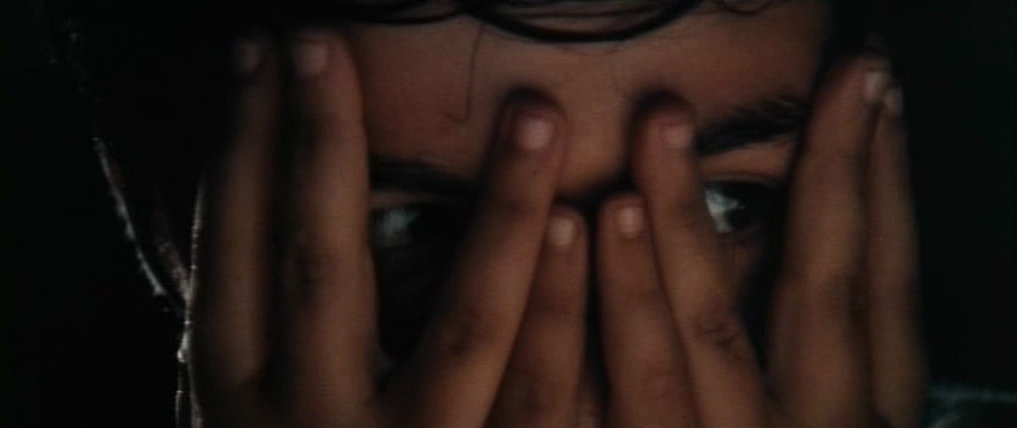
Don’t Torture A Duckling (1972) is that rare film where director Lucio Fulci manages to equally balance his conflicting aesthetic obsessions. This is probably why Don’t Torture A Duckling is singled out as Fulci’s single masterpiece. It’s a high wire act of bringing together a macabre atmosphere, giallo gore, and Hitchcockian suspense successfully without overshadowing the filmmaker’s political agenda.
Don’t Torture A Duckling is broken up into two acts with onscreen title cards. The first focuses predominantly on the police investigation into the murders of three young boys in a rural Italian town. The second shifts the focus from the police to that of Patrizia (Barbara Bouchet) and Martelli (Tomas Milian) who begin their own investigation, ultimately revealing the culprit. Through these two investigation Fulci is able to critique Italian bureaucracy and local superstitions.
In addition to being an engaging thriller, Don’t Torture A Duckling is an examination of the contradictory moral codes that make up a society, as well as those institutions that promote those codes. Don Alberto (Marc Porel), for instance, as a priest works to safeguard the spiritual upbringing of the village children even though his own manic enthusiasm for his faith leads him to commit violent acts of murder. Likewise Patrizia, a drug addict in recovery, constantly flirts with self destructive impulses yet ultimately saves the day.
Fulci indicts the Catholic Church and the Police for being hypocrites and negligent of their prescribed duties in society. Both institutions are shown to be ineffective and cruel to the people they are intended to serve. This then motivates the spectacle of Don Alberto’s gruesome death that in another Fulci film would otherwise be an indulgence.
